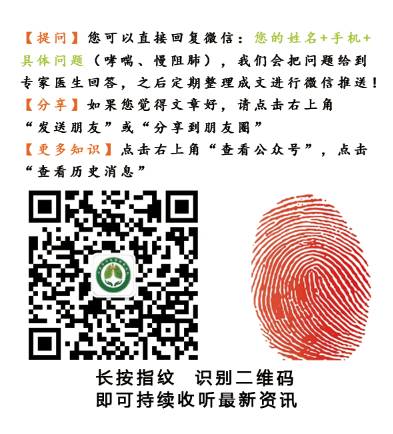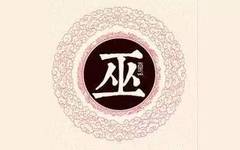
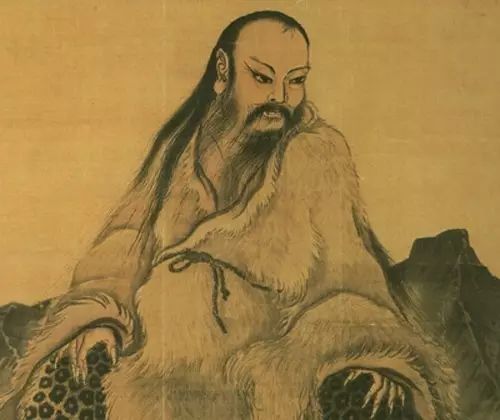
1. The Origin of Traditional Chinese Medicine from the Sages
Traditional views hold that the knowledge of Chinese medicine was passed down from ancient sages such as Fuxi, Shennong, and Huangdi. Texts like the Huainanzi and Tongjian Waiji state that the emergence of sages led to the flourishing of medical practices and the establishment of medical principles; Tang dynasty physician Wang Bing believed that Chinese medicine is the path of the “Three Sages” (Fuxi, Shennong, Huangdi).
Thus, early medical classics such as the Huangdi Neijing (Yellow Emperor’s Inner Canon), Shennong Bencao Jing (Shennong’s Classic of Materia Medica), and Huangdi Bashi Yi Nanjing (Yellow Emperor’s 81 Difficulties) are attributed to these ancient sages. Many legends exist, such as Fuxi’s creation of the hexagrams leading to the theory of Yin and Yang; Shennong’s tasting of herbs leading to the knowledge of pharmacology; and the dialogues between Huangdi and the celestial master Qibo resulting in the Huangdi Neijing.
Legend has it that Shennong, the Yan Emperor, lived by the Jiang River, and by whipping the herbs with a red whip, he learned about their cold, hot, warm, and cool properties, and by tasting them, he understood their five flavors: pungent, sweet, sour, bitter, and salty. However, this perspective exaggerates individual contributions, attributing many inventions and discoveries to one or a few individuals, reflecting a romanticized view of ancient heroism.
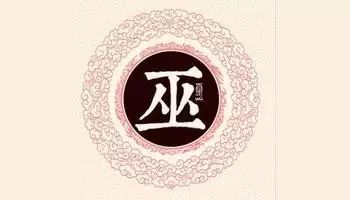
2. The Common Origin of Medicine and Shamanism
Shamans are historical products of specific periods; with the emergence of social division of labor at the end of primitive society, the mediator between the divine and humanity, the shaman, appeared. To alleviate people’s ailments, shamans often possessed some medical knowledge. The Shan Hai Jing mentions ten shamans, including Wu Peng and Wu Xian, who “ascend and descend from the spiritual mountain” because “all medicines are found there”.
Even today, in many ethnic minority regions of China, some shamans possess a wealth of rudimentary medical knowledge. However, while shamans may understand medicine, medical knowledge did not originate from the consciousness and activities of shamans; with societal development and the continuous accumulation of medical knowledge, medicine and shamanism inevitably separated.
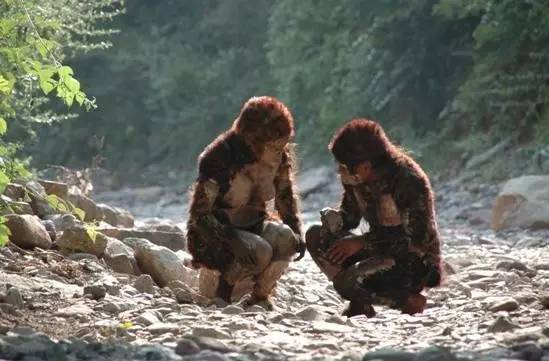
3. Medicine Originating from Animal Instincts
Some scholars believe that the human pursuit of medicine when ill is a primal instinct, akin to animals’ self-protective instincts when injured. Observations have shown that wild rabbits suffering from enteritis seek out and consume plantain to cure their condition. Tropical monkeys afflicted with malaria chew on the bark of the cinchona tree, similar to how humans use quinine to treat malaria.
In ancient Chinese legends, the Medicine King Sun Simiao collected herbs on Emei Mountain and observed that storks often pecked at a certain grass while fishing, leading to the discovery of the medicinal herb Old Stork Grass, which treats rheumatism. These instances indeed share similarities with primitive human medicine.
However, for animals, this instinct is merely a conditioned reflex, a simple utilization of nature, without the accumulation of medical knowledge. Early medicine was experiential, and the accumulation of experience is active and conscious, greatly exceeding animal cognitive abilities.
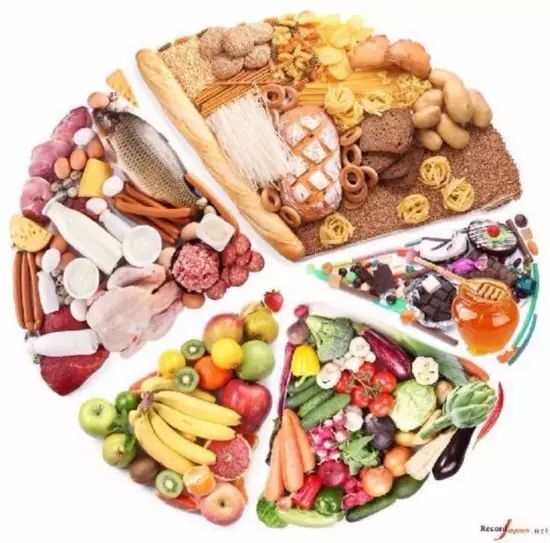
4. The Common Origin of Medicine and Food
Many ancient Chinese medical legends support this view. For instance, the legend of Shennong tasting herbs originally aimed to find suitable grains for cultivation; after tasting hundreds of herbs in one day and encountering seventy poisons, he accumulated knowledge of medicinal properties. Shennong was primarily a god of agriculture, but he was also regarded as a god of medicine.
Additionally, the legend of the Shang dynasty’s King Tang and Prime Minister Yi Yin, who invented herbal decoctions, originally began as a chef, leading to the creation of herbal remedies during cooking. Ancient Chinese medicine often employed dietary therapy in treating diseases.
However, the view of the common origin of medicine and food is not comprehensive, as it does not address a fundamental question: understanding food also requires tracing its origins, and moreover, TCM’s mineral-based medicines, external treatments, and acupuncture techniques are not necessarily related to the search for food.
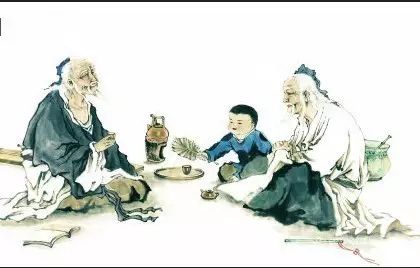
5. The True Origin of Traditional Chinese Medicine
The origin of Traditional Chinese Medicine lies in the continuous production and life practices of the Huaxia people. Only through repeated production and life practices can people recognize the causes of diseases and treatment methods, and only through these practices can solutions to diseases be discovered.
It is precisely due to the thousands of years of continuous production and life practices of the Huaxia people that TCM has been enriched and developed, gradually evolving into a profound traditional medical theoretical system that has made significant contributions to human health.

